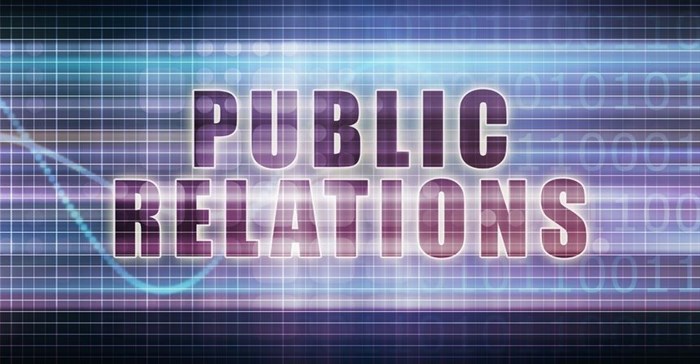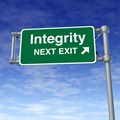It has become more important than ever to address the current lack of regulation in the public relations industry, and explore the best options in promoting ethical conduct across the profession. For several years, the Public Relations Institute of Southern Africa, Prisa, has been consulting with industry and government stakeholders on Legislated Self-Regulation for the Communication Management Profession. Now, the role of ethics in public relations has come into question in light of the ongoing Bell Pottinger saga, and has once again put regulation high on the agenda.
The King IV Report on Corporate Governance for South Africa sets a strong tone for the role of ‘leadership, ethics, and corporate citizenship’ (Part 5.1), and ‘stakeholder relationship’ (Part 5.5). For an industry body like Prisa to be able to enforce its comprehensive code of ethics, there is a need to empower it to investigate formal complaints received around unethical conduct, and enforce suitable remedial action on members.
One of the principles contained within the Prisa code of ethics is the commitment to “ethical practices, preservation of public trust, and the pursuit of communication excellence with powerful standards of performance, professionalism, and ethical conduct.” The Bell Pottinger allegations highlight how strategic communication management can be used as a force for bad, leading to a breach of public trust. Regulation would give confidence to both practitioners and clients that a formal recourse is available for situations like these.
Regulation goes beyond ethics
Regulation goes beyond ethics, and would likely go a long way in ensuring that corporate South Africa understands that there are standards and levels of professionalism that enable agencies and in-house practitioners to recruit, manage, develop and promote communication professionals according to an established and internationally recognised and benchmarked standard. Regulations would allow industry bodies to play an oversight role. This does not mean those who are not Prisa members cannot practice the profession, however the industry body can only formally investigate its members.
Regulation aside, ethics goes much deeper than this controversial and concerning situation. Ethics is about what we do every day, and what governs our every action. It’s about being honest and transparent; communicating accurate information; communicating truthfully; and being materially inclusive. It’s about making the right choices and demonstrating that it’s not enough to just win in business – it matters how you do it.
When we turn our backs on our moral compass, we become moral vacuums. Ethical conduct is the very principle upon which the communication profession is founded. If self-regulation is not sufficient, perhaps empowering an industry-wide governance framework will be to the benefit of all stakeholders.
















































